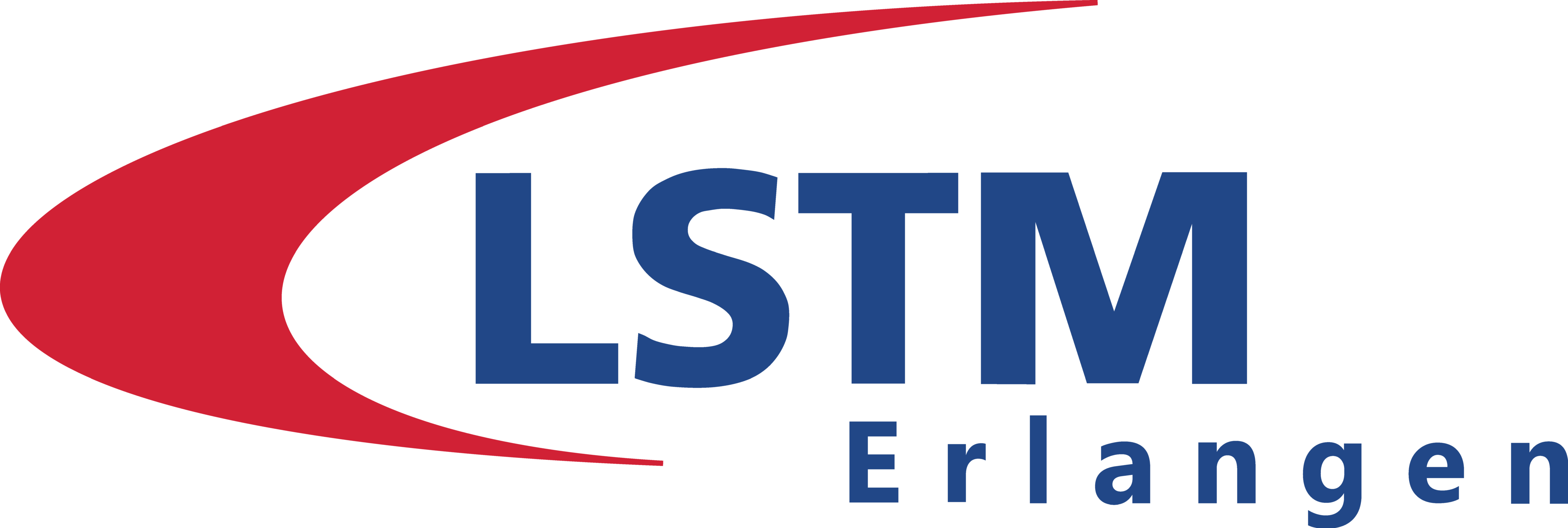At very large Mach numbers, fluid flows are strongly influenced by non-equilibrium gas effects such as finite-rate chemical reactions or internal mode excitation arising from extreme temperatures. These effects have an order-one influence on quantities of interest, such as stability properties, transition, and heating, and must be considered to achieve effective designs, reliable predictions, and successful flow control. Accurate simulations of these flows rely on detailed thermochemical gas models (look-up libraries), which dramatically increase the cost of the underlying calculations. In this talk, I will first present state-of-the-art detailed simulations of such complex flows and the incurring cost, motivating the second part of the talk where I will present a novel model-agnostic data-driven technique to extract a surrogate of the thermochemical models, reducing the cost of the simulations considerably while maintaining accuracy.


